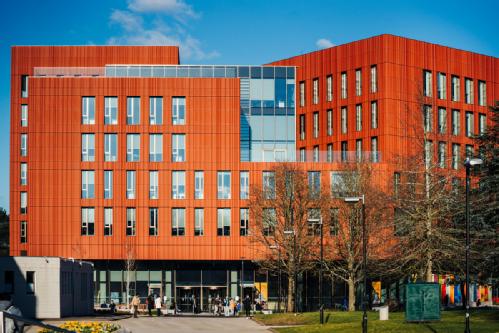History Department Events Calendar

History of Medicine Seminar
Location: R0.14 Ramphal
Bruised witness: Bernard Spilsbury and the performance of twentieth-century forensic expertise This paper will explore the status, apparatus and character of forensic pathology in the first half of the twentieth century, with a special emphasis on the rise of the pathologist celebrity, Bernard Spilsbury. The broad expert and public profile of “body-centred forensics”, of which Spilsbury was the most prominent representative, will be outlined and discussed, and in so doing close attention will be paid to courtroom strategies by which he and other experts translated their isolated post-mortem encounters with the dead body into effective testimony. Pathologists built a high-profile practice that transfixed the popular, legal and scientific imagination, and this paper will also explore, through the celebrated 1925 murder trial of Norman Thorne, how Spilsbury’s courtroom performance focused critical attention on the practices of pathology itself, which threatened to destabilise the status of forensic pathology. In particular the Thorne case raised questions about the interrelation between bruising and decomposition as sources of interpretative anxiety. Here the question of practice is vital, especially in understanding how Spilsbury’s autopsy results clashed with the viewpoints of rival pathologists, whose autopsies centred on a corpse that had undergone further putrefactive changes, and that had thereby mutated as an evidentiary object. Examining how pathologists dealt with interpretative problems raised by decomposition in the context of homicide investigation enables an analysis of the ways in which pathological investigation of homicide was inflected with a series of conceptual, professional and cultural difficulties stemming in significant ways from the materiality of the corpse itself. 5pm RO.14 Ramphal Building, University of Warwick: All Welcome
For further details contact Mathew Thomson (M.Thomson@warwick.ac.uk)
